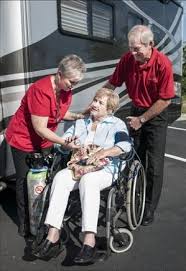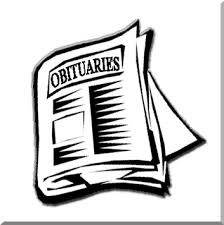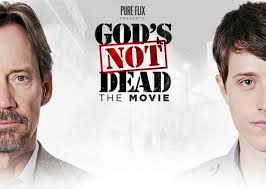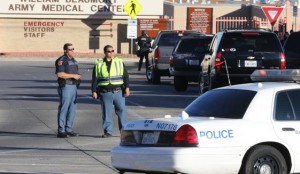Today I write to expose a hoax that has been perpetrated against 120,000 people who bought the book, The Boy who came back from Heaven. The book details the visions of 1 boy when he died and then came back to life. The cover of the book, pictured in my post has this testimony on the front cover: A TRUE STORY.
Now we have learned the boy who is the subject of the book has signed a statement detailing how the entire story is a fabrication and not based on any true life experience. When this was reported in the media the focus of the article was that the boy and his family profited from this deception that may cause readers to have a crisis of faith for believing the material before they learned it was indeed not the truth.
In my dealings with people I have learned over and over that lasting pain, say of periods lasting 20 years or more, can be caused when lies on important topics are presented as fact. When the topic is religion, regardless of the faith group, people lose trust for religion in general begin to wonder how they can tell, “What they can trust as they read?”
I want to offer this bit of advice to those who have felt betrayed. Do not lose hope in your faith because of the falsehoods presented by others! When we lose hope we can become bitter. Living life from the perspective of bitterness is an unpleasant way to live. Life can offer much joy but we have to be able to walk away from disappointments knowing that no one can separate us from the love of our Creator without our consent. By all means do not give that consent!










